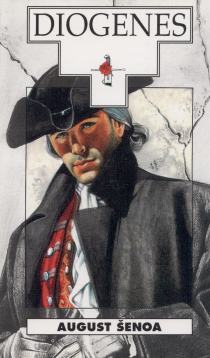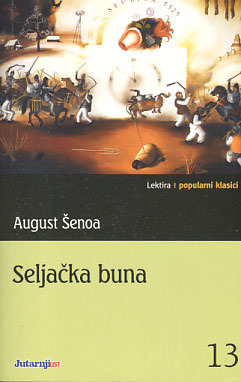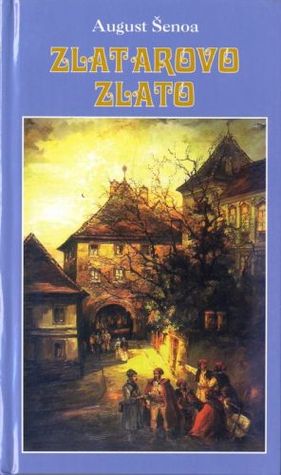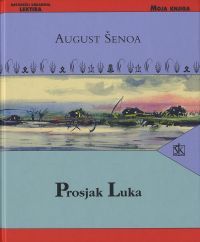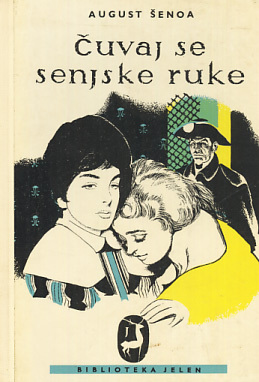August Šenoa
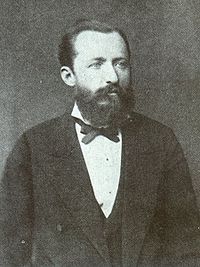
August Šenoa was a Croatian novelist, critic, editor, poet, and dramatist.
He was a transitional figure, who helped bring Croatian literature from Romanticism to Realism and introduced the historical novel to Croatia. He wrote more than ten novels, among which the most notable are:
Zlatarovo zlato (Goldsmith's gold; 1871)
Čuvaj se senjske ruke (Pirates of Senj; 1876)
Seljačka buna (Peasants' revolt; 1877)
Diogenes (1878)
Šenoa was also the author of the popular patriotic song "Živila Hrvatska".
He was born in Zagreb, then part of the Habsburg Empire, into a family of Czech-German origin. His surname was originally spelled Schönoa. He studied law in Prague. He also lived in Vienna for a while, but returned to Zagreb in 1866. From 1874 to 1881, Šenoa edited the literary journal Vijenac ("Wreath").
In 1880, he helped the victims of the Great Zagreb Earthquake, only to pick up pneumonia in the process. Despite the sickness, he didn't give up writing his last novel, "Kletva".
He died in 1881, at the age of 43.
In his novels, he fused the national romanticism characterized by buoyant and inventive language with realist depiction of the growth of petite bourgeois class.
This "father of Croatian novel" (and modern national literature) is at best in his mass Cecildemillean scenes and poetic description of oppressed Croatian peasantry, nobility struggling against foreign rule (Venetians, Austrians/Germans and Hungarians) and romanticised period from the 15th to the 18th century. It has become a commonplace phrase that "Šenoa created the Croatian reading public", especially by writing in a popular style.
